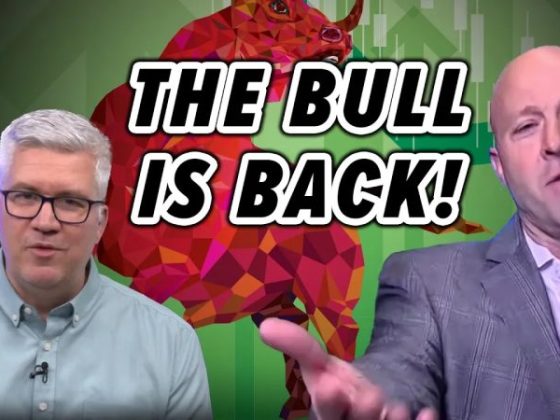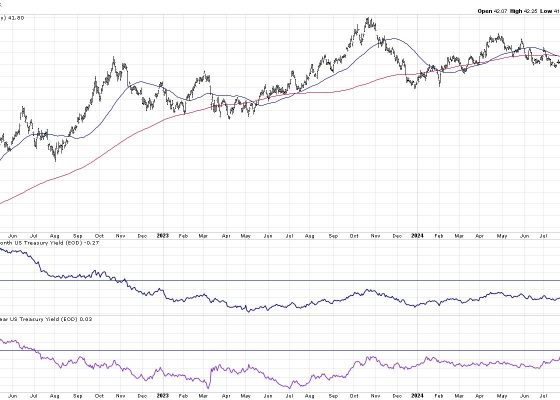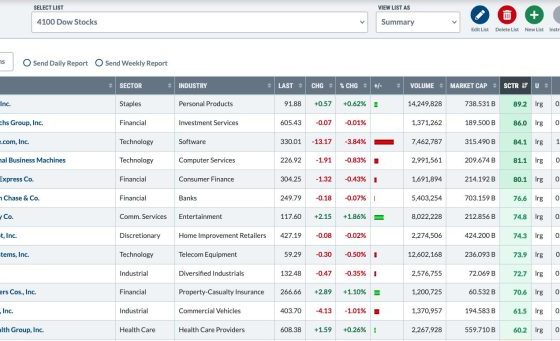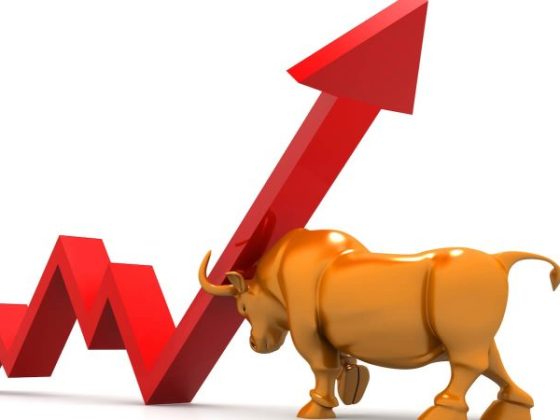The road of investing in the stock market is paved with peaks, troughs, dips, and surges. DR Horton’s stock, a major player in the real estate industry, recently experienced an impressive fall, raising an abundance of questions for investors. Is this the ideal time to buy on the dip? Let’s delve deeper to answer this question.
DR Horton Inc. has solidified its status as one of the country’s largest and leading homebuilders, serving a broad demographic of homebuyers at varying price points. It stands on an impressive record of consistent, strong earnings that, coupled with an expanding footprint across the US, make it an enticing investment opportunity. Nevertheless, the recent plummeting of the company’s shares has left investors in a quandary.
Several potential factors are responsible for share value decline. These could include the global pandemic’s effects, waning buyer demand due to escalating home prices, or the implications of increased interest rates. Understanding these dynamics is crucial while gauging the long-term viability of investment in DR Horton’s stock.
One of the immediate consequences of the COVID-19 pandemic was a sharp surge in demand for all forms of real estate, fuelled by low interest rates. The boost to homebuilders was notable, with DR Horton’s stock reaching record levels. However, the pandemic’s longer-term economic impacts are still unrolling, posing a potential threat to the housing market.
Alongside this, escalating home prices have begun to chip away at buyer demand, contributing to the chilling effect on DR Horton’s stocks. The surge in material costs, partially driven by pandemic-related supply chain disruptions, has fueled these pricing dynamics. These inflated input costs are gradually passed down to buyers, mitigating demand in the process.
Furthermore, the Federal Reserve’s imminent interest rate increase could potentially tip the demand-supply balance. It is an action set to make mortgages expensive, consequently depressing demand for new homes. For a company like DR Horton, which relies immensely on homebuyer’s economic health and purchasing power, these moves may spell an additional downturn.
Nevertheless, it’s essential to remember that the stock market isn’t a short-term game, and seasoned investors are well aware that volatility is part of the package. The recent DR Horton stock drop could present a buying opportunity for strategic investors. While certain indicators might suggest a temporary slowdown in the homebuilding industry, the fundamental drivers for long-term growth remain intact.
The housing demand in the United States remains high, driven by low housing inventory coupled with demographic factors like Millennial homebuyers entering the market. DR Horton’s vast geographic footprint, financial strength, and proven track record give it a competitive advantage in meeting this demand.
Finally, DR Horton’s management has shown a commitment to returning capital to shareholders, having grown their dividend over the past decade and executed a $1 billion share repurchase in the past year. These shareholder-friendly activities can provide a solid cushion for investors, even amidst market uncertainties.
Now, to address the lingering question: should you buy the dip? It’s imperative to note that investment decisions are inherently personal and should align with individual financial goals, risk tolerance, and investment horizon. However, considering DR Horton’s enduring reputation, robust business model, and potential market upside, opportunistic investors might see current market conditions as an attractive entry point.
No single trajectory can comprehensively predict how DR Horton’s stocks will perform in the future. Uncertainty is to be expected, especially in a market environment like ours. However, playing smart, knowing the score, and remaining strategic can mean the difference between successful investing and a monetary setback. A thorough assessment of the situation, coupled with a clear understanding of your investment goals, should guide your next move regarding DR Horton’s stocks.











